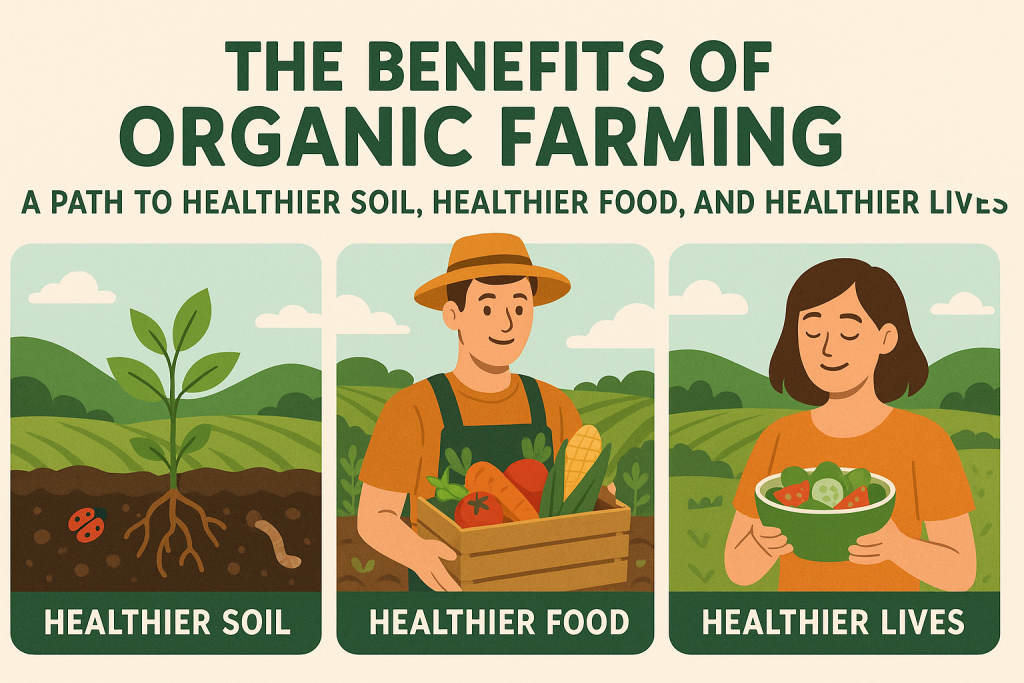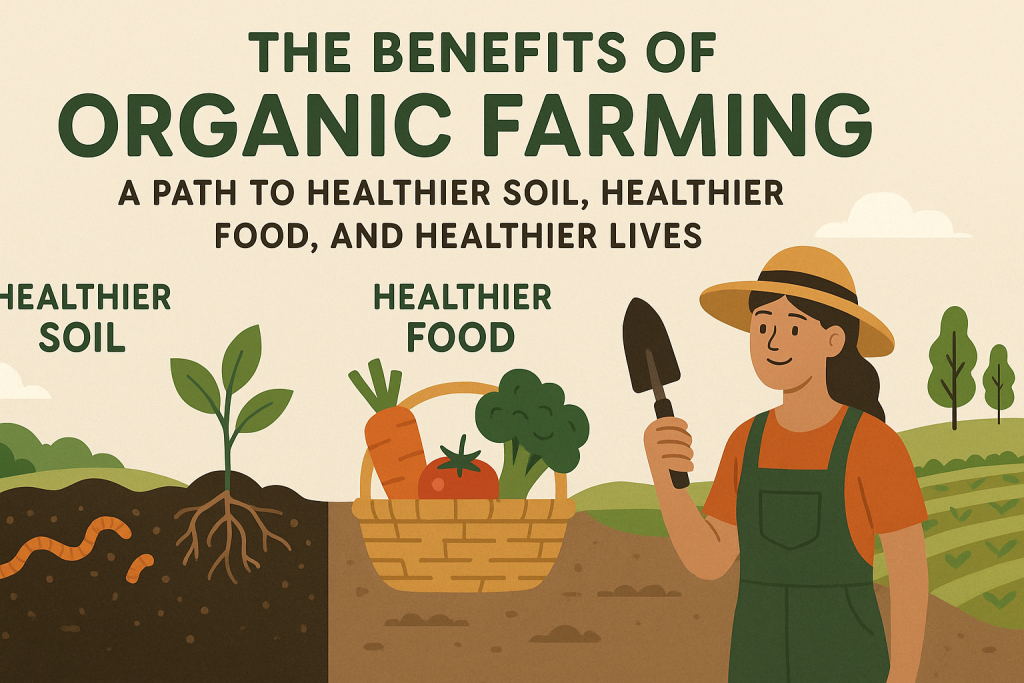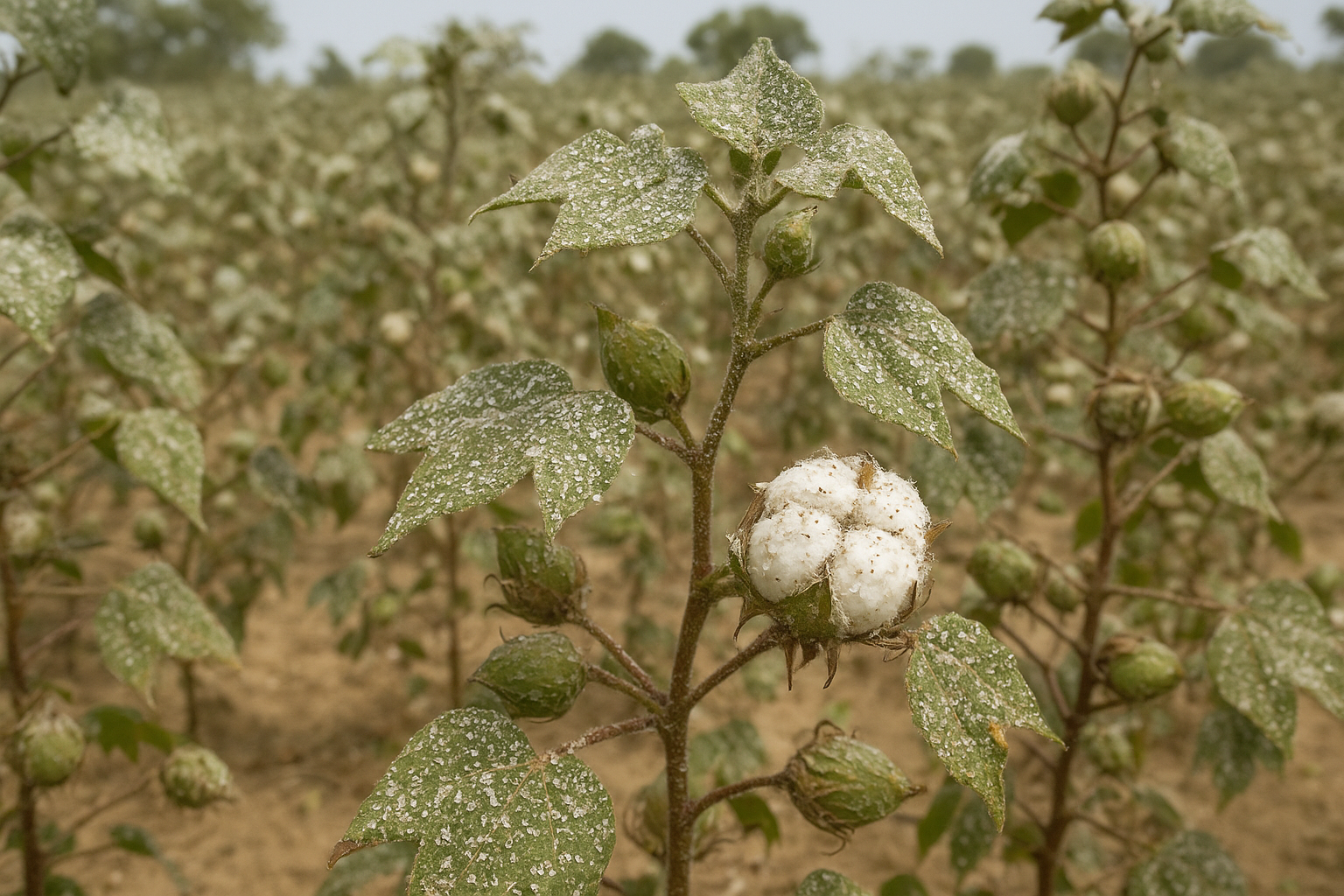Organic farming is transforming the way we think about agriculture. With growing concerns about the environmental and health impacts of conventional farming practices, organic farming is emerging as a viable and sustainable alternative. By focusing on soil health, biodiversity, and chemical-free methods, organic farming offers numerous benefits for the environment, farmers, and consumers alike.
At the heart of organic farming is the commitment to using natural inputs and avoiding synthetic chemicals, such as pesticides and fertilizers. This approach not only helps reduce the carbon footprint of farming but also ensures that the soil remains fertile and healthy for future generations. Healthy soil is the foundation of organic farming; it is rich in microorganisms that improve soil structure, enhance water retention, and boost the availability of nutrients for crops.
One of the most significant advantages of organic farming is the protection of biodiversity. By avoiding chemical pesticides and herbicides, organic farms foster a diverse ecosystem of plants, animals, and beneficial insects. These organisms play a crucial role in pest control, pollination, and overall ecosystem health. For example, organic farms tend to have higher populations of bees, which are essential for pollinating crops and ensuring a healthy food supply.

For consumers, organic farming offers the benefit of healthier food. Organic produce tends to be free from harmful pesticide residues, making it a safer choice for families, especially young children. Studies have also shown that organic crops often contain higher levels of antioxidants, vitamins, and minerals, which contribute to improved health and well-being. By choosing organic, consumers are not only supporting their health but also promoting a farming system that prioritizes environmental sustainability.
Farmers who switch to organic farming can enjoy a number of advantages as well. Although transitioning from conventional to organic methods may initially lead to reduced yields, over time, organic farms tend to be more resilient and productive. This is due to the long-term health of the soil, which supports crops even in times of drought or heavy rain. Additionally, organic farms often see higher market prices for their produce, as consumers are willing to pay a premium for food that is both healthy and sustainably grown.
The government has also recognized the importance of organic farming and has introduced various schemes and subsidies to support farmers making the transition. Programs such as the Paramparagat Krishi Vikas Yojana (PKVY) provide training, financial assistance, and market linkages to help farmers adopt organic methods. These efforts are crucial in making organic farming accessible to small and marginal farmers who are often the backbone of India’s agricultural sector.

Despite its many benefits, organic farming still faces challenges. The cost of certification, limited access to organic inputs, and the time required for soil conversion can make it difficult for some farmers to make the switch. However, with increased consumer demand, growing awareness, and continued government support, organic farming is poised to become a major player in the future of Indian agriculture.






